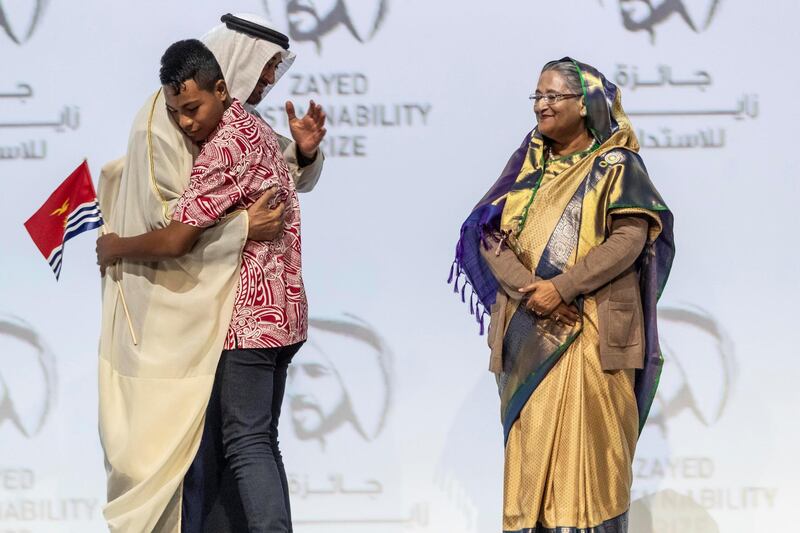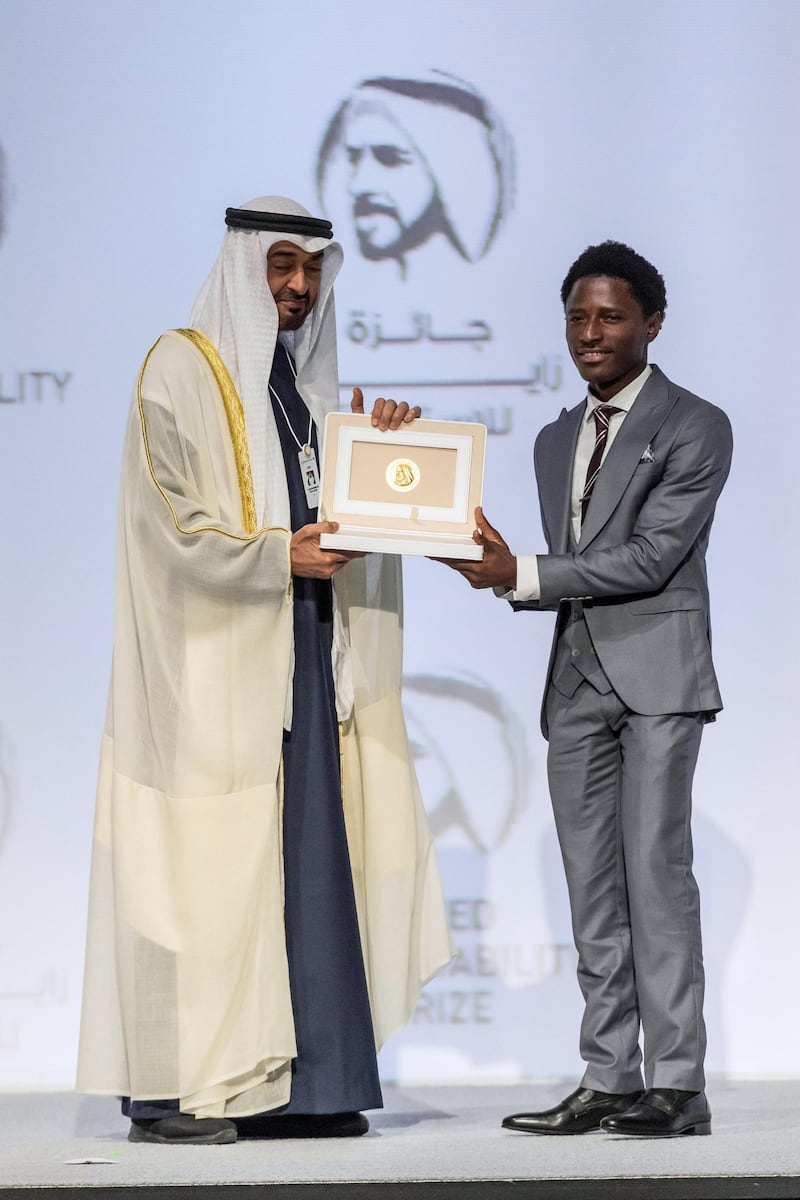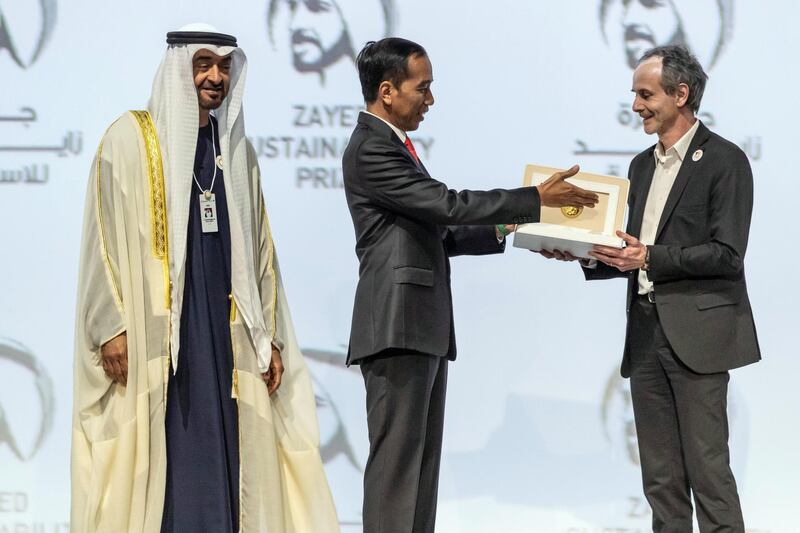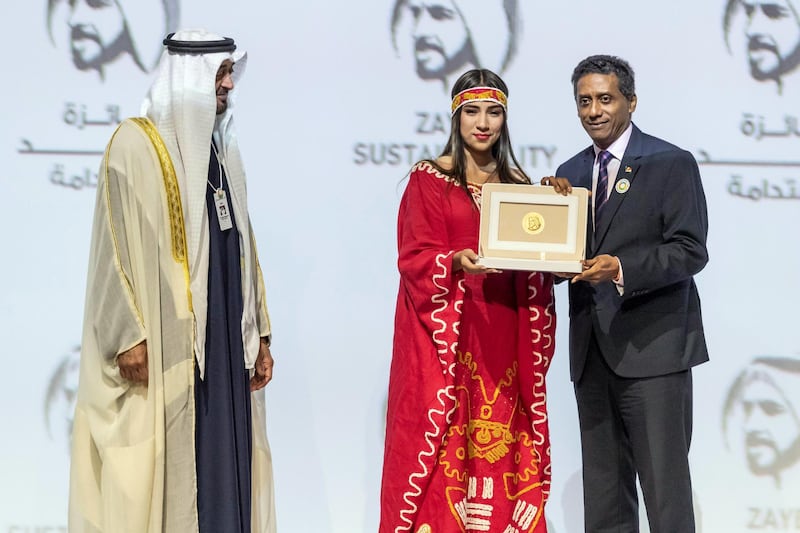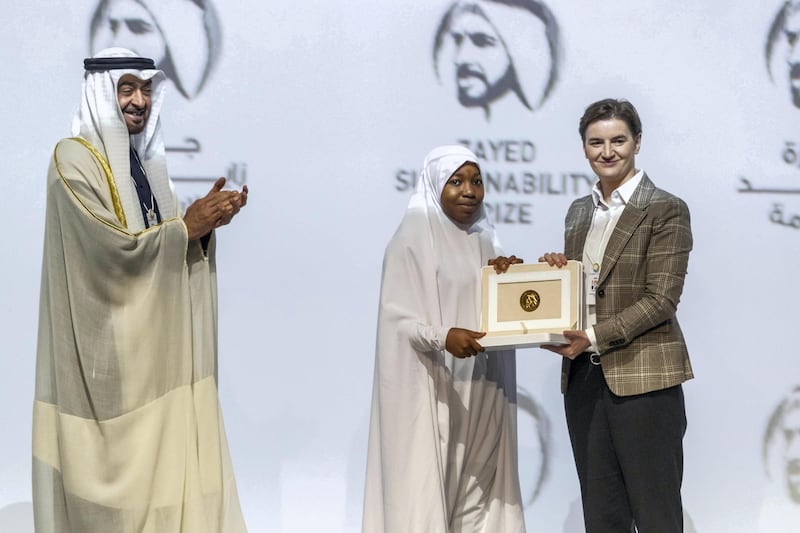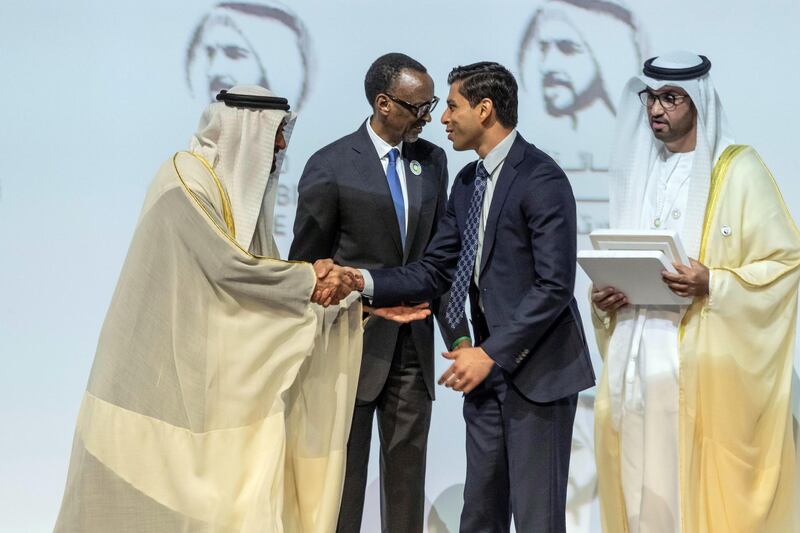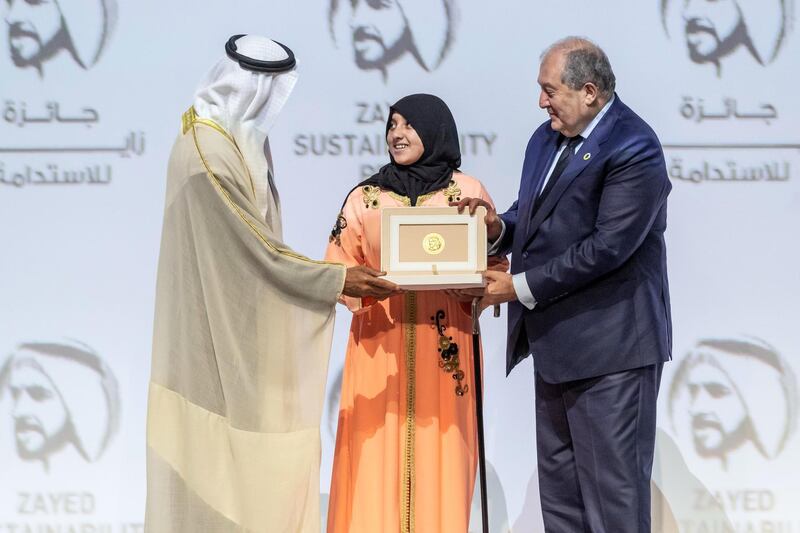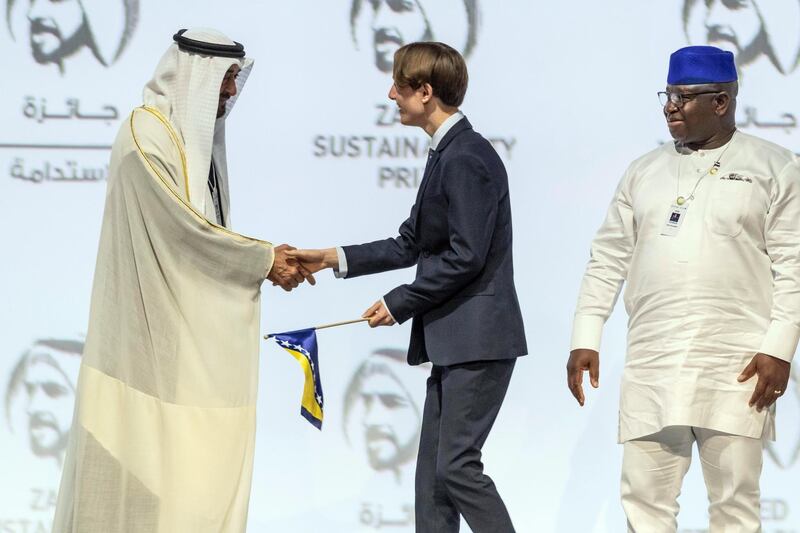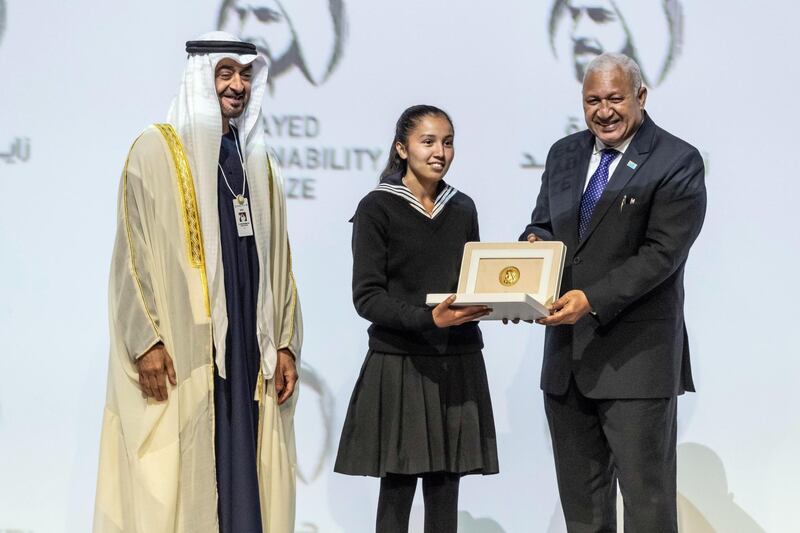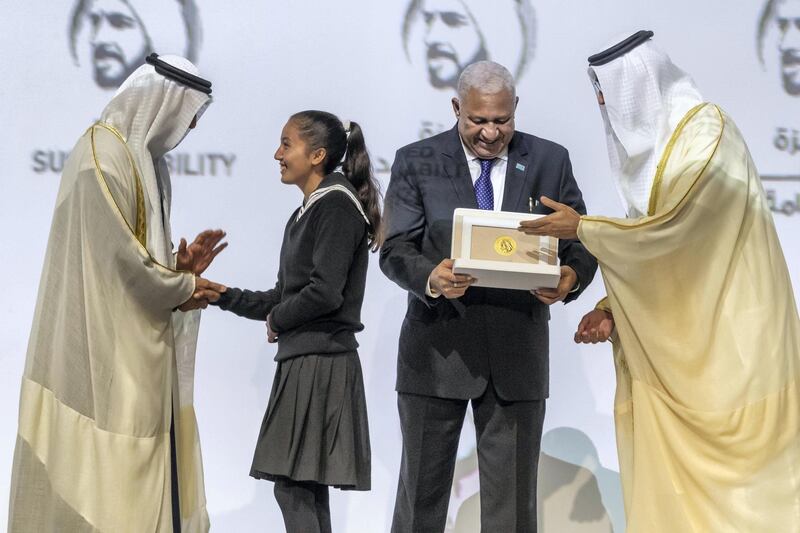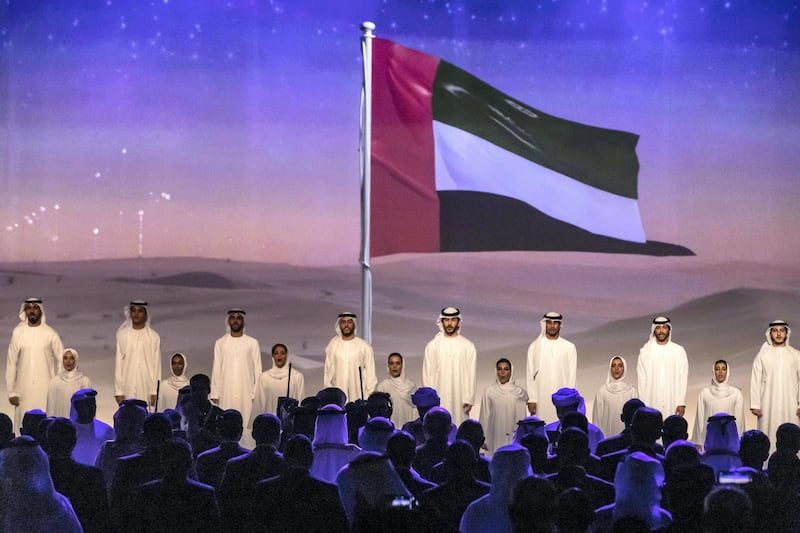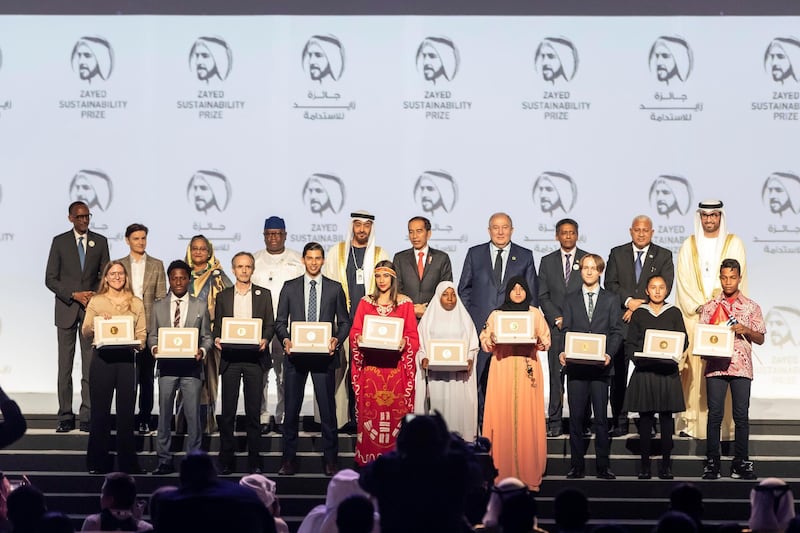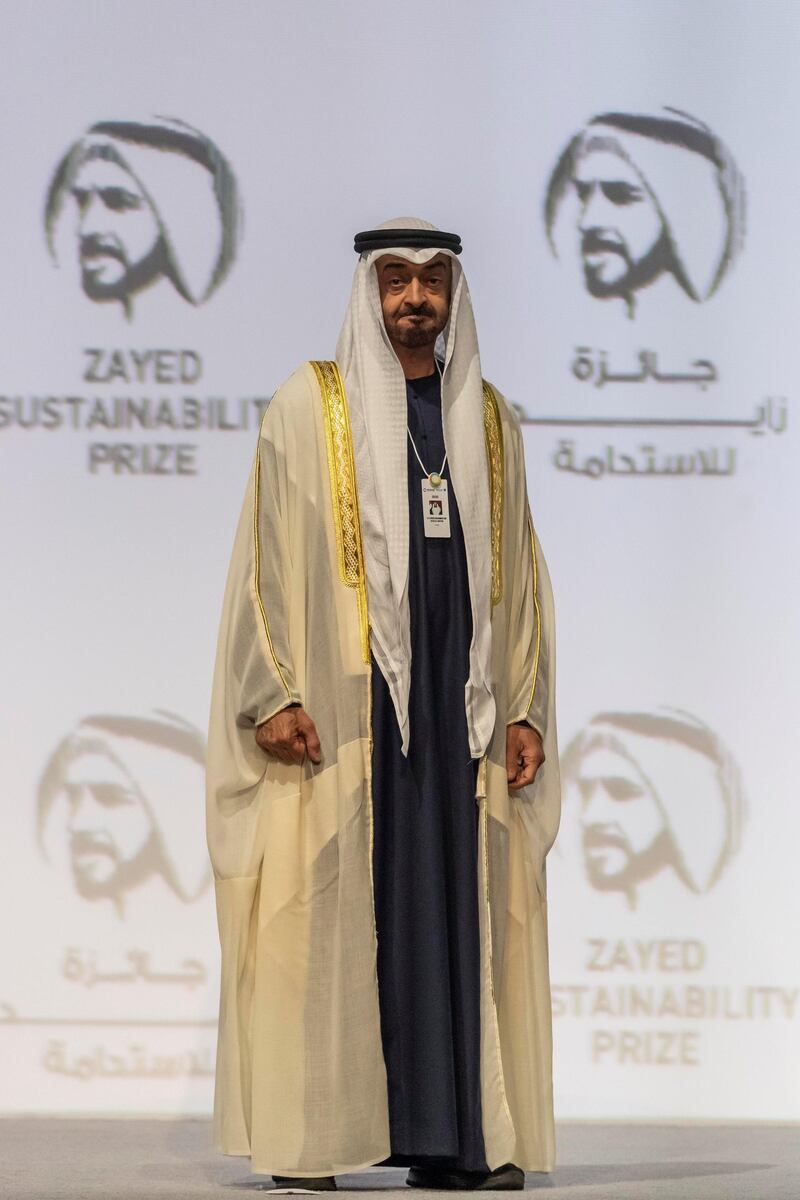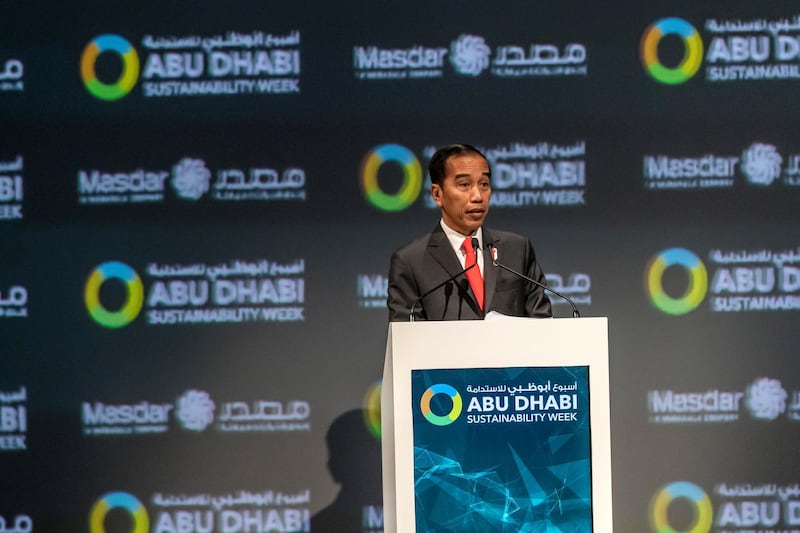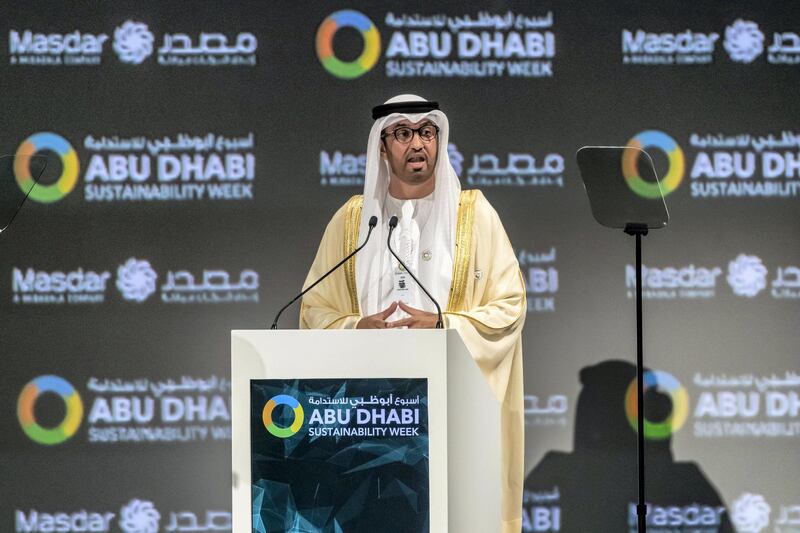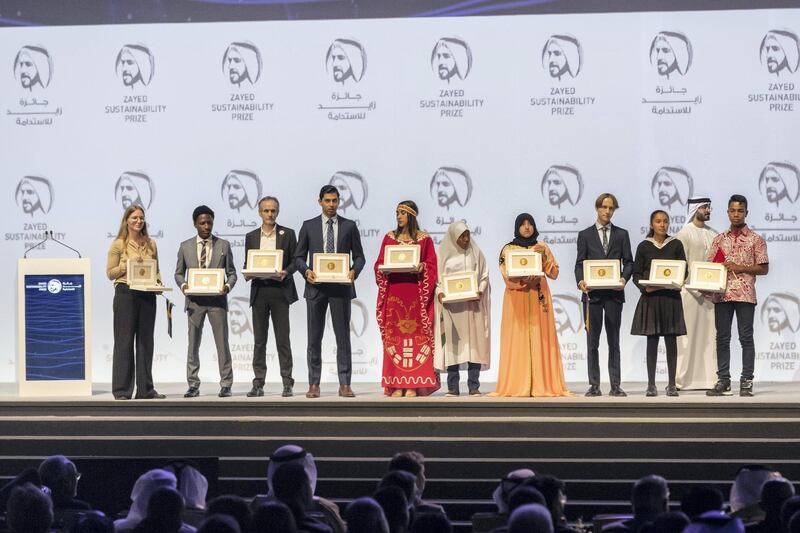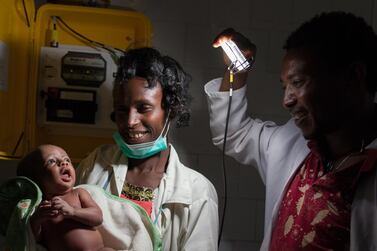A start-up combining drone technology with artificial intelligence to detect disease outbreaks is among this year's winners of the Zayed Sustainability Prize.
Swedish firm Globhe was awarded Dh2.2 million ($600,000) to help further its aim of identifying and mitigating public health emergencies around the world.
The enterprise was among 10 winners of the 2020 prize who will now receive a combined total of Dh11m ($3m) in funding.
Winners were spread across five categories which include health, food, energy, water and education.
Since 2008, the UAE’s Zayed Sustainability Prize has been at the centre of a global effort to harness new technologies to change lives for the better.
Launched by Sheikh Mohamed bin Zayed, Crown Prince of Abu Dhabi and Deputy Supreme Commander of the Armed Forces, it has grown to become one of the most significant awards worldwide for affecting positive change.
On Monday, organisers told how Globhe used imaging from drones as well as AI to help identify potential public health emergencies in the developing world.
Detailed analysis can, for example, detect malaria mosquito breeding sites as well as areas at risk from cholera outbreaks.
This year, a total of 2,373 projects put their work forward in the hope of winning the 2020 edition of the prize.
In October last year, a 12-member jury whittled down that number to a shortlist of 30 finalists.
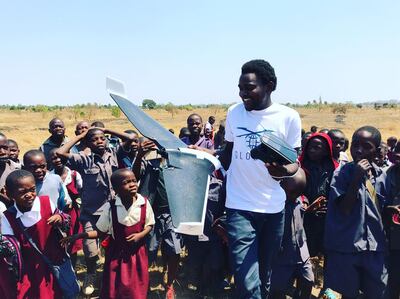
Among the winners were the French non-profit Electricians Without Borders and the Okuafo Foundation from Ghana.
The Okuafo Foundation has developed a smartphone application which uses data analytics to predict and detect crop diseases.
Electricians Without Borders has some 30 years of experience working in more than 50 countries where it provides solar equipment to refugee camps.
A total of six schools from six regions were also awarded Dh367,000 ($100,000) each for their work in developing renewable energy solutions.
